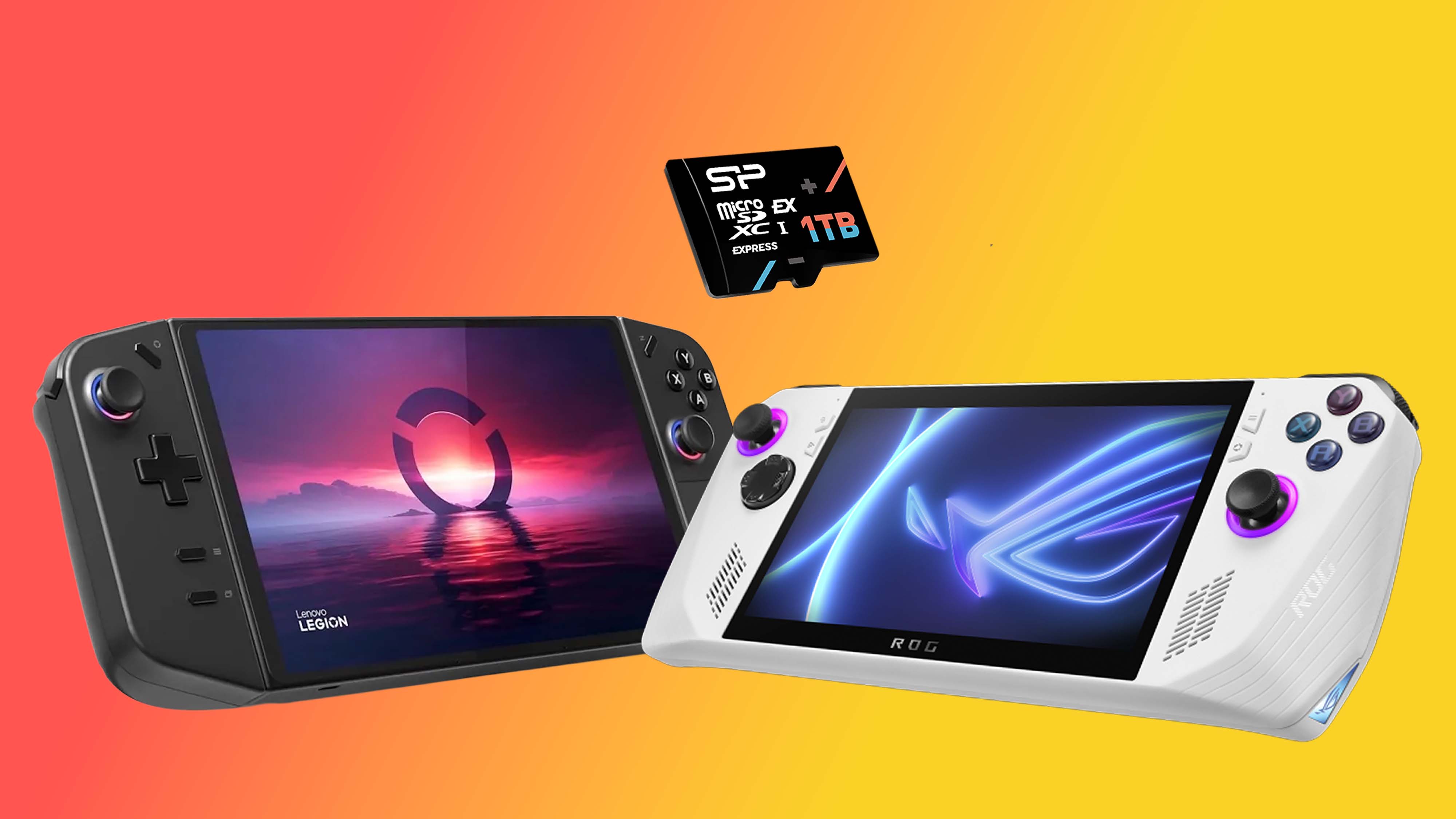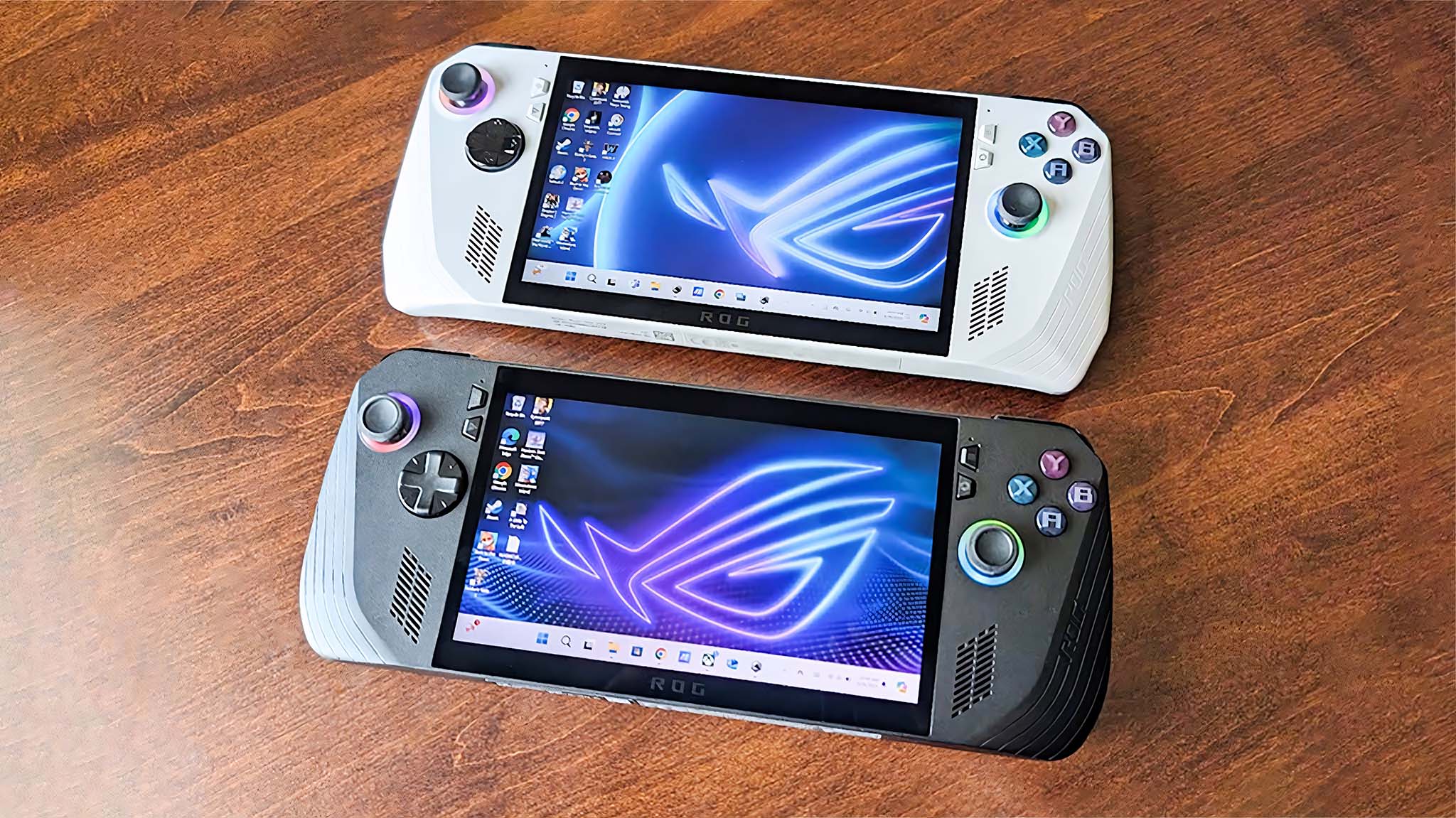
Today, Silicon Power (SP) unveiled a fresh series of Hypera microSDXC Express Cards tailored for the upcoming Nintendo Switch 2. These cards come in storage options of 256GB, 512GB, and 1TB.
It seems that among the tech companies offering microSD Express Cards, SP might be among the pioneers or perhaps the first to introduce a 1TB version.
If you’re not aware, the arrival of the Nintendo Switch 2 sparked increased interest in these new memory cards as they are the sole type compatible with the console’s slot for removable storage.
Although microSD Express cards may seem like an obvious option for portable gaming PCs such as Lenovo Legion Go, ASUS ROG Ally, MSI Claw 8 AI+, and Steam Deck at first glance, it turns out that they fail to fully utilize their capabilities within these handheld devices.
If you own a gaming handheld PC, it would be beneficial for you to acquire a regular microSD card instead.
I fervently anticipate that upcoming portable gaming devices might adopt this advanced storage technology, assuming its reliability is demonstrated.
Why future handheld gaming PCs should be designed for microSD Express Cards

One significant enhancement I’m eager to find in the upcoming generation of portable PC gaming devices is support for microSD Express Cards.
Absolutely, it’s possible to enhance a portable PC gaming device’s internal solid-state drive (SSD), yet many users tend to prefer external storage options for added convenience and peace of mind.
Just a heads up, microSD Express cards are essentially the latest generation of microSD cards. Despite sharing the same general physical design with traditional microSD cards, they deliver noticeably quicker data transfer rates in devices that support them – a crucial aspect for smooth gameplay experiences.
For example, the latest SP microSD Express cards offer read speeds as high as 880 MB/s and write speeds up to 750 MB/s, making them approximately eight times quicker than many conventional microSD cards available today.
Swifter reading and writing rates lead to quicker loading and saving periods during gaming, something everyone desires, right?
Currently available portable PC gaming devices typically come equipped with standard UHS readers. Unfortunately, this means they aren’t optimized to fully utilize the potential of Express-type devices, which offer a PCIe/NVMe interface.
With the advent of microSD Express Cards, it seems inevitable that future gaming handheld PCs will incorporate compatible readers. This development appears to be a logical progression for portable devices designed to run AAA games.
Absolutely, technology is always evolving, and it’s likely we’ll discover a new storage solution soon. I can only hope that the next generation of handheld computers will deliver faster performance in some form.
Read More
- Best Controller Settings for ARC Raiders
- Ashes of Creation Rogue Guide for Beginners
- Donkey Kong Country Returns HD version 1.1.0 update now available, adds Dixie Kong and Switch 2 enhancements
- Sega Insider Drops Tease of Next Sonic Game
- DCU Nightwing Contender Addresses Casting Rumors & Reveals His Other Dream DC Role [Exclusive]
- 32 Kids Movies From The ’90s I Still Like Despite Being Kind Of Terrible
- Neverness to Everness ‘Co-Ex Test’ sign-ups now available
- 7 Home Alone Moments That Still Make No Sense (And #2 Is a Plot Hole)
- Fantasista Asuka launches February 12
- The Festive Pottery Throw Down 2025 line-up: Meet the celebrities
2025-07-10 00:09